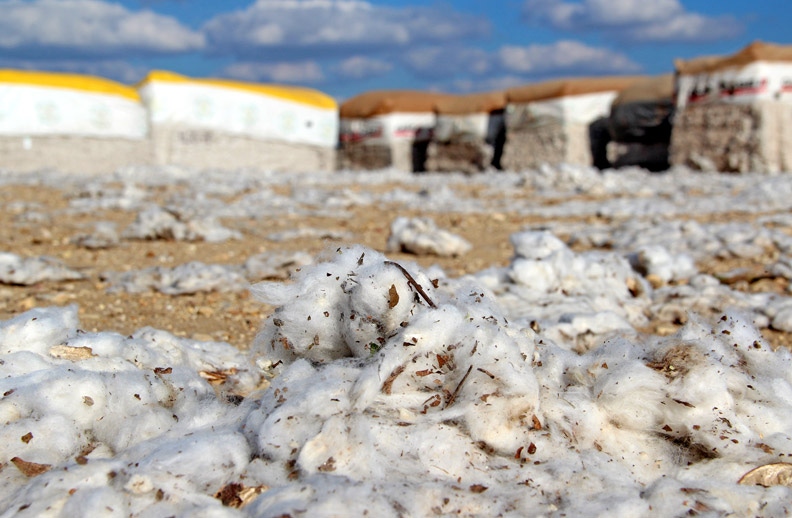
Brazilian ambassador addresses WTO dispute
Ambassador Roberto Azevedo, Brazil’s permanent representative to the WTO and chief negotiator, said that after two days of discussions with US officials, there has been no progress in resolving the longstanding WTO case against cotton and export credit guarantees.
October 31, 2012

At a recent meeting organized by the US Chamber of Commerce, Ambassador Roberto Azevedo, Brazil’s permanent representative to the WTO and chief negotiator, said that after two days of discussions with US officials, there has been no progress in resolving the longstanding WTO case against cotton and export credit guarantees.
Azevedo also told those in attendance that the Framework Agreement, negotiated between the US and Brazil in 2010, under which Brazil agreed to delay any retaliatory action against US exports while new farm legislation is developed, will be extended for a brief period. Although he warned that Brazil is prepared to apply prohibitively high tariffs to select US products and possibly ignore intellectual property rights if there is no resolution by early 2013.
According to Azevedo, the cotton and export credit guarantee program provisions included in the Senate and House agriculture bills do not fully address Brazil’s objections. He contended that the new provisions are as distorting and damaging to Brazilian farmers as current law—a questionable contention since the new cotton program is estimated by the Congressional Budget Office to be 50% less expensive than extending current law.
Azevedo said Brazilian officials are willing to discuss “some parameters to the support that would be acceptable.”
In interviews following the meeting, Azevedo made several additional points. He said Brazil is willing to work "on the basis of what is on the table" when it comes to the Stacked Income Protection Plan (STAX) as well as the general crop insurance and marketing loan program proposals contained in House and Senate legislation. He emphasized that Brazil seeks to alter some provisions of the proposed programs to make them more acceptable.
He suggested that the US should determine how a three-party negotiation can “operate in a reasonably efficient manner.” In order to prepare for the possibility of retaliation, the ambassador said Brazil has formed a technical working group that will evaluate options for retaliation in the event the dispute is not settled through negotiation. The technical group is examining issues related to intellectual property rights because the WTO has granted Brazil the right to cross-retaliate under certain circumstances.
The level of retaliation against US exports and intellectual property is adjusted annually using a WTO formula. The most recent data would allow significantly lower retaliation than earlier data and would not allow cross-retaliation. Azevedo has previously suggested Brazil is entitled to use older data to calculate retaliation. It has been estimated that using the older data could provide Brazil nearly $1 billion in overall retaliation rights and as much as $269 million in cross-retaliation. Using more recent data would allow far lower levels of retaliation of approximately $500 million for goods and no authority for cross-retaliation.
Earlier in the week, Brazilian officials addressed the WTO’s Dispute Settlement Body (DSB) in Geneva and stated that Brazil has decided not to terminate the Framework Agreement in place since 2010 and would not implement retaliatory actions as authorized by the WTO. The Framework is set to expire when Congress passes “successor legislation” to the 2008 Farm Bill. Since the 2008 law expired without being replaced or extended, there have been questions about Brazil’s next action. At the DSB meeting, Brazil noted that it is following the on-going discussions in Congress over new farm legislation.
In a statement to the DSB (see www.cotton.org/issues for the full statement) Brazil said some of the proposals “do not seem to be in line” with the WTO panel’s findings in the dispute, and may even increase trade-distorting subsidies.
About the Author(s)
You May Also Like



